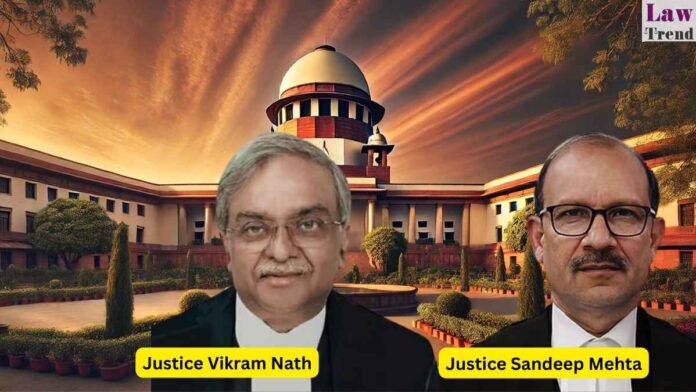The Supreme Court of India, in an order dated November 7, 2025, has constituted a one-Judge committee headed by a retired Allahabad High Court judge to find a resolution for a stalled Greater Noida housing project marred by “large-scale siphoning and diversion of funds.” The Court noted that homebuyers “have been struggling in a losing
To Read More Please Subscribe to VIP Membership for Unlimited Access to All the Articles, Download Available Copies of Judgments/Order, Acess to Central/State Bare Acts, Advertisement Free Content, Access to More than 4000 Legal Drafts( Readymade Editable Formats of Suits, Petitions, Writs, Legal Notices, Divorce Petitions, 138 Notices, Bail Applications etc.) in Hindi and English.




